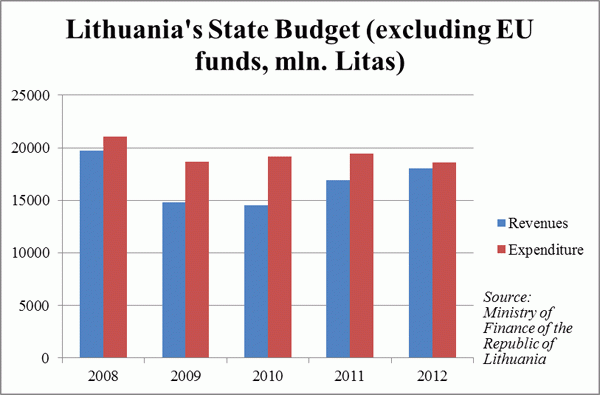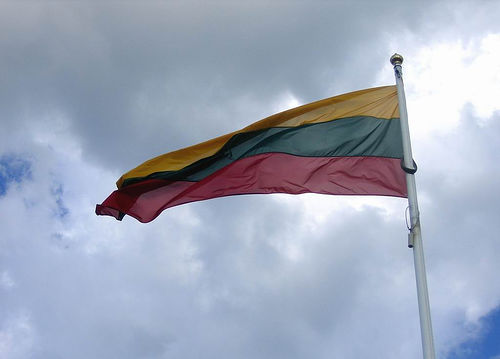We (Do Not) Need the Euro
BY
Vytautas Zukaukas / July 5, 2013
The government in Lithuania reports a specific euro introduction target date – 2015. National Euro Changeover Plan and Public Awareness and Communication Strategy are being prepared.










